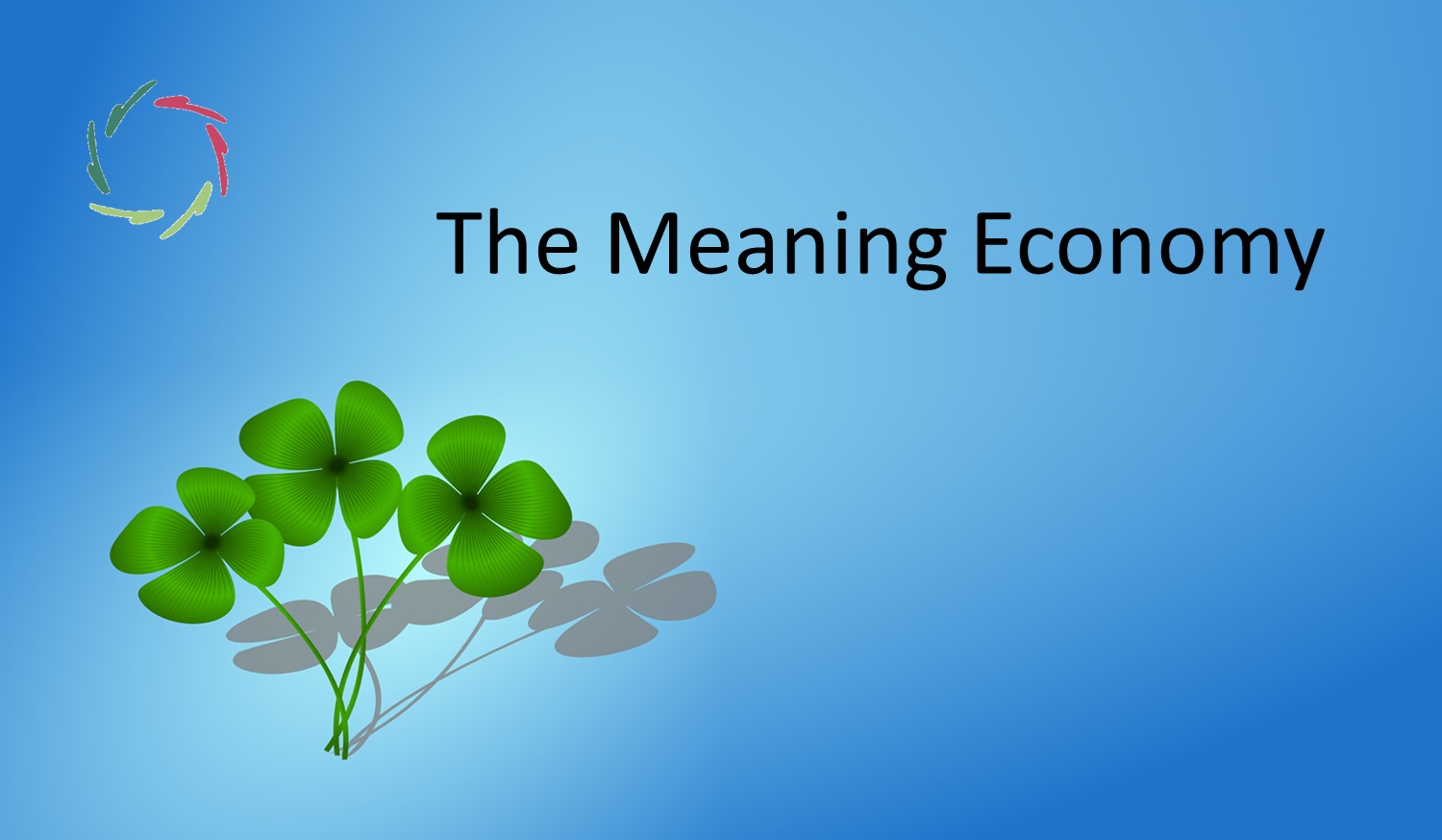Is Violence OK?

Without a glorification of violence, being realistic may eventually diminish the need for it.
Not running away from violence
Running away from violence is, in real-world, sometimes conducive to precisely what one is running away from. As with many things, this is related to gentle-strong-weak-hard. [see: “Weak, Hard, Strong, Gentle“].
It may attract people who want to abuse what they see as ‘weak.’ This way, it enhances violence.
It may also make people feel neglected, negated even as if they are not worth your violence. At the same time, they may experience violence from the other side for which they want your defense or at least cooperate with you towards their defense. In such a case, running away from violence may appear to be another kind of violence.
It may polarize a polarized society even more between those who feel negated one way or another. More starkly: those who feel negated one way versus those who feel negated another way. In-depth, they may feel negated for the same reason, which is depth itself. I have described this as ‘inner dissociation.’ [see: “Inner Dissociation is NEVER OK!“]
The world is not an ideal place by far.
Moreover, one needs to be open to what may lie beneath or within the violence. Which puts central the question:
Why violence?
A feeling of aggression seldom starts as such. The start is a feeling of energy – a motivation to get things done – that gets stuck for some reason. So it heightens and may erupt into aggression and outward violence. This way, one sees that an exaggerated attempt to subdue violence as such can also lead to an untoward subduing of the internal motivation itself.
Or it can be felt as such, which is, in many cases, equally important.
The human being contains violence. That is not to say that violence is necessary to be healthy, or just plainly to be. A state of non-violence is part of our range of possibilities. Non-violence is not unnatural. However:
The non-possibility of acting out in violence is unnatural
in my view.
Negating violence is negating a part of the human being, which is an act of violence. One may say an act of ‘deeper violence.’ It may look peaceful at the surface.
Frequently, the choice is not between violence or non-violence, but between one kind of violence or another.
This clarifies the finality of non-violence.
The finality may contain surface violence. It certainly contains a reckoning with human energy / deep motivation. It is a search for proper outlets for this energy.
And that is perfectly OK.
Human energy is a creative source.
It helps to create an individual human being. It helps to create a culture.
It also helps to get beyond any weakness indeed.
But its direction cannot be enforced, as is always the case with motivation. Let me end with the familiar:
- AU : autosuggestion. Doing it yourself, you combine direction with freedom.
- REL : relaxation. You relax the tension of the inner dissociation.
- IS : inner strength. You attain the strength from inside to make things happen in the world.
In my view, the latter is needed well enough to make violence unnecessary.


